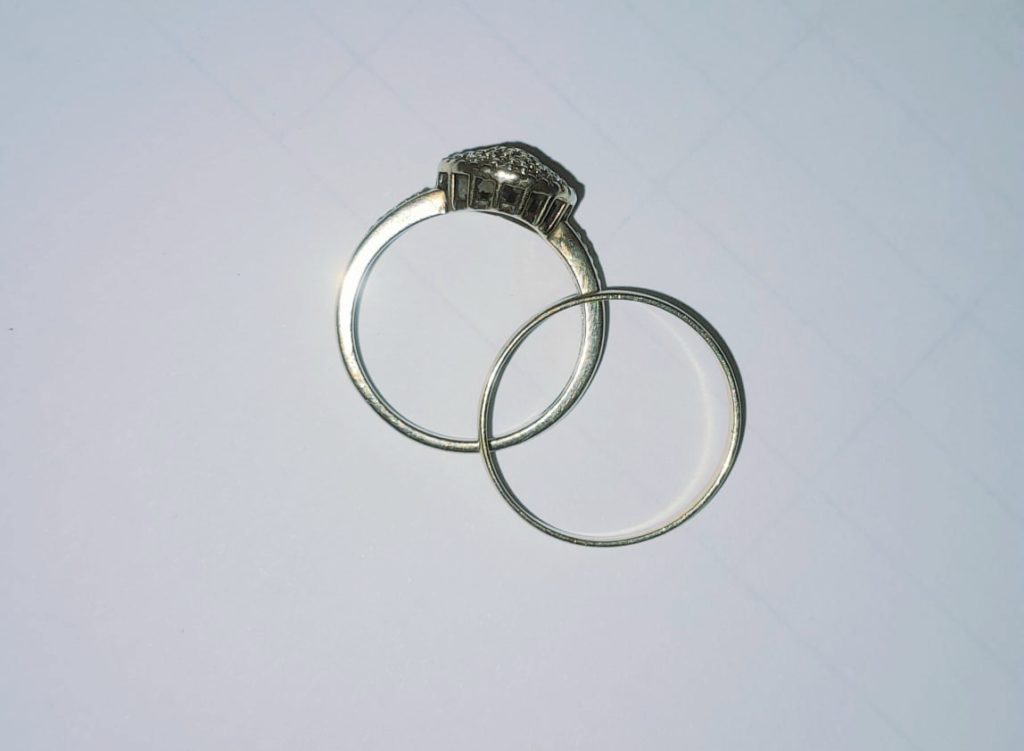By Nkanyiso Mchunu
Men in South Africa can finally take their wives’ surnames. The Constitutional Court ruling is being praised in many corridors as a victory for equality. Now that the hype is dying down, let’s hold a sober conversation.
One of the founding ideals of the post-1994 SA was to emerge with a non-sexist society. With every move, we are to self-check if we are on track and making progress in reversing the sexist injustices and troubling anti-woman attitudes of the past. With this latest development of the surname adoption option, I have been juxtaposing it to the grand scheme of things in this country to assess its worth. I constantly ask myself: Will this stop a woman from being unjustly fixed to scrubbing the pots tonight? Will it close the unjust gender wage gap at her office tomorrow morning? Will it make her safer when she walks home in the dark? In essence, I want to know if this supposed victory is worth considering a positive contribution to the women’s justice project in SA.
Background and explanation
For decades, the law in South Africa only recognised the right of a married woman to take her husband’s surname, never the other way around. This imbalance clearly violated the equality clause of the Constitution, which promises freedom of choice and dignity to all.
Men like Henry van der Merwe, who wanted to take his wife Jana Jordaan’s surname, or Andreas Nicolas Bornman, who wanted to hyphenate his surname with his wife Jess Donnelly-Bornman’s, were denied that option until they took the matter before the highest court in the country. The ruling is a welcome correction of an absurd and discriminatory piece of legislation.
In a unanimous judgment, the court ruled that several sections of the Births and Deaths Registration Act, which was promulgated in 1992, are invalid. The question before the court was “Does section 26(1)(a)–(c) unfairly discriminate on the basis of gender, by failing to afford men the right to assume the surname of women after marriage?”
If the Constitutional Court’s ruling is anything to go by, the answer to that question is ‘yes,’ leaving parliament with up to two years to fix the laws. After that, if nothing is done, the court’s order means the parts of the law declared invalid will no longer be enforceable.
SA women need more than symbolic gestures
While there is a warm welcome of this ruling, amongst women and advocates for gender equality, there is also a fair amount of culturalists who think this innovation contradicts the foundational cultural and structural norms that govern African societies.
Be that as it may, whether one applauds or rejects this ruling for challenging patriarchal defaults, a pressing question remains: with women still burdened by GBV, wage inequality, and limited opportunities, is the battle over surnames truly the victory worth celebrating?
A national Human Science Research Council survey in November 2024 found that 36% of women report experiencing physical or sexual violence at some point in their lives, and 24% say they have experienced violence by an intimate partner. The same report emphasises that gender norms, societal acceptance of male dominance, and intimate partner violence remain widespread.
If not dealt with decisively, as has been the trend, these numbers will continue to skyrocket, whether men keep their surnames or adopt those of their wives.
Additionally, the country has been, for a long time, battling with stiflingly high unemployment rates. According to Reuters, the overall unemployment rate in South Africa is about 33.2% in Q2 of 2025. However, to women’s disadvantage, Harambee projects that women’s unemployment is significantly worse than men’s. Their recent statistics show that women have an unemployment rate of 35.9%, which is about 4.9 percentage points higher than men’s.
Harambee’s numbers are supported by StatsSA’s projections, suggesting that labour force participation also shows a gender gap. In Q2 of 2025, about 65.6% of working-age men are participating in the labour force, vs 54.9% of women. Furthermore, among more educated people, the gap persists; female graduates face an unemployment rate of 15.0%, vs only 8.9% for male graduates.
These numbers tell a very clamorous story; South African women need more than symbolic gestures. They need equal pay for equal work, a fair chance in the labour market, and protection from violence that undermines their very existence.
The above is true because a very recent study by Leeds University shows that in the formal sector, women are paid on average 12% less than men in South Africa. Of that 12% gap, about 45% (5.5 percentage points) is due to “firm sorting”, meaning women tend to be employed by companies that pay less overall.
What this means is that the issue is not simply about qualifications or effort, but about systemic bias in how the labour market values women. Even when women achieve the same levels of education as men, they are funnelled into lower-paying industries or companies, perpetuating a cycle of economic inequality.
At its core, the Constitutional Court ruling is a symbolic disruption of patriarchy. Yet, symbols mean little when the lived experience of most South African women is still defined by unemployment, lower pay for the same work, and the ever-present threat of gender-based violence. The country remains a place where the burden of inequality weighs heavily on women.
For too long, society has confined women to the kitchen, the home, and the garden, roles deemed ‘natural’, while opportunities for dignity and independence are denied. Until we confront the structures that make women’s lives so unequal and unsafe, the victory over surnames will not taste sweet. It in fact, cannot be called a victory. It will be yet another reminder that while the law may change, the system and the men within it still see women as nothing more than caretakers, mothers, and homemakers, no matter what name they carry.
Nkanyiso Mchunu is a student at Durban University of Technology, studying towards the Bachelor of Journalism Honours degree. The views in this opinion piece are expressed in his personal capacity.


